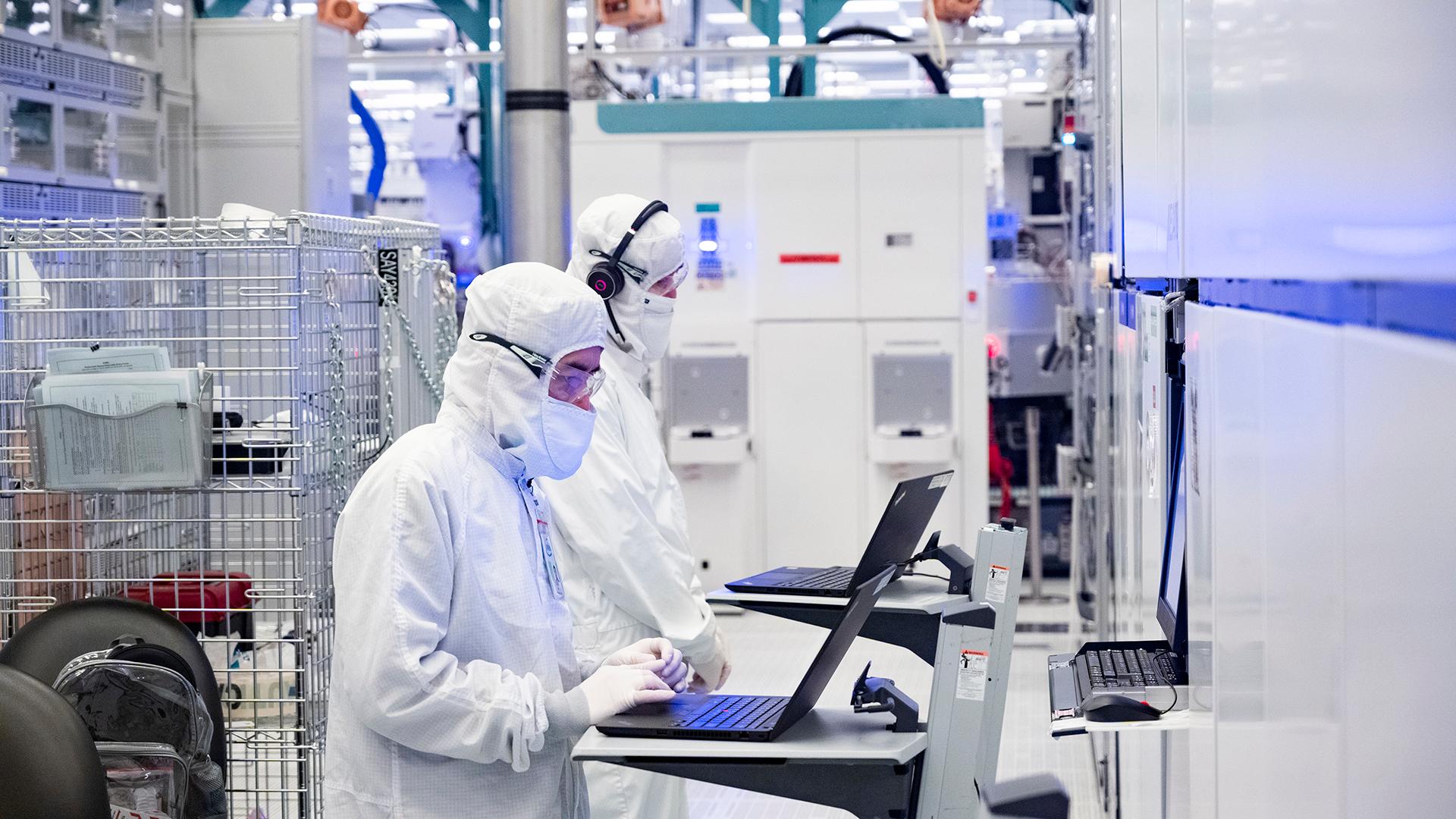
Just days before Christmas, the U.S. government finalized funding deals with three companies — Samsung, Ankor, and Texas Instruments. The companies will, respectively, build a leading-edge 2nm-capable fab, an advanced packaging facility, and three large-scale fabs for analog and embedded chips that will produce tens of millions of ICs per day.
Samsung's 2nm coming to America
The U.S. government has approved up to $4.745 billion in funding for Samsung under the CHIPS and Science Act. While Samsung Foundry has every reason to celebrate, it is necessary to note that the grant is $1.65 billion lower than it was initially announced back in April, which is perhaps a consequence of Samsung's own $3 billion cut from the investment plan due to overall reconsiderations of spending on the semiconductor segment.
Anyway, the investment from the U.S. government will support Samsung's $37 billion project to build a two-phase leading-edge fab in Taylor, Texas, an R&D facility adjacent to the fab, and start production of chips on fully depleted silicon-on-insulator (FD-SOI) process technologies for aerospace, automotive, and defense industries in the U.S. The project is set to be completed and all manufacturing capacities are set to be operational by 2030.
The two-phase fab will be capable of producing chips on Samsung's 2nm-class process technologies, though the company does not disclose which nodes it means. The company's SF2 node is renamed SF3P process technology, whereas its successors — SF2P (enhanced performance), SF2X (CPU and HPC-oriented node), and SF2Z (2nm-class with backside power delivery) — are believed to be actual 2nm-class nodes that were meant to be 2nm from the ground up.
In addition to two fabs, Samsung will establish a specialized R&D fabrication facility to work on manufacturing process technologies several generations beyond those currently in production. To ensure that its fab developers, engineers, and fab workers get accustomed to next-generation tools and take part in their development, the R&D facility will also feature dedicated space for early-stage collaboration with fab equipment vendors. In addition, Samsung will be able to collaborate with partners to develop new materials, such as ultra-pure gases and resists.
Finally, Samsung's project includes the expansion of its fab in Austin, Texas, to make chips on its FD-SOI process technologies for aerospace, automotive, and defense sectors in the U.S. Previously Samsung only made chips on FD-SOI wafers in South Korea.
The construction phase of the projects is anticipated to generate over 17,000 jobs, with 4,500 permanent manufacturing roles added within five years.
Amkor to get $407 million to build an advanced packaging facility
The Biden-Harris administration will also provide $407 million in direct funding to Amkor, a leading outsourced semiconductor assembly and test (OSAT) company to build a $1.7 billion (down from $2 billion expected originally) advanced packaging facility in Peoria, Arizona.
The new facility will feature over 500,000 square feet of cleanroom space on a 55-acre site to support a variety of packaging solutions such as traditional, 2.5D, and 3D technologies. The plant will become operational by the end of 2027 and due to its adjacency to TSMC's Fab 21 in Arizona, it will primarily serve TSMC's customers. Apple will be the primary customer for Amkor in the U.S. The facility is expected to generate 2,000 construction jobs and 2,000 manufacturing jobs.
Texas Instruments: Loads of fabs
Texas Instruments has secured up to $1.6 billion in CHIPS Act funding and anticipates $8 billion in tax credits to expand semiconductor manufacturing in Texas and Utah.
The funds are set to be used to equip the cleanroom for the first Sherman phase 1, build the second phase 2 shell, and upgrade the Lehi fab with advanced tools presumably for logic. These facilities will produce analog and embedded chips on specialty 28nm – 130nm production nodes, which are used for devices like cars and medical equipment. This initiative is projected to create over 2,000 direct jobs at TI, along with thousands more in construction and related industries.







